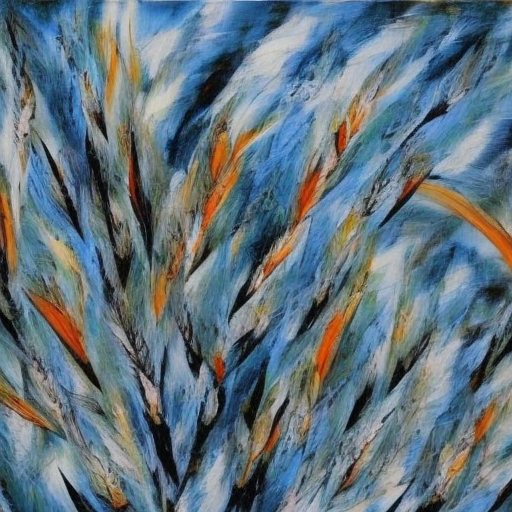Poetry: A Window into the Soul
Poetry is a form of artistic expression that uses language to evoke emotions, paint vivid images, and convey complex ideas. It is a powerful medium that allows individuals to explore the depths of their imagination and connect with others on a profound level. Through the use of carefully chosen words, rhythm, and structure, poets create a unique and intimate experience for both themselves and their readers.
What is Poetry?
At its core, poetry is a form of writing that uses language in a creative and imaginative way. It is often characterized by its condensed and concentrated form, with poets carefully selecting words to convey their intended meaning. Unlike prose, which is more straightforward and follows a logical structure, poetry often employs techniques such as rhyme, meter, and figurative language to create a distinct rhythm and musicality.
The Power of Emotion
One of the most captivating aspects of poetry is its ability to evoke emotions. Through the use of vivid imagery, sensory details, and carefully crafted language, poets can transport readers to different worlds and make them feel a range of emotions. Whether it’s the joy of a new love, the pain of heartbreak, or the awe of nature’s beauty, poetry has the power to touch the deepest parts of our souls and make us feel more alive.
Exploring the Human Experience
Poetry has long been used as a means to explore the human experience. From ancient epics to modern sonnets, poets have tackled a wide range of themes and subjects, including love, death, nature, and social issues. Through their words, poets offer unique perspectives and insights into the complexities of life, allowing readers to see the world through a different lens. Poetry has the ability to challenge our assumptions, provoke thought, and inspire change.
A Universal Language
One of the remarkable aspects of poetry is its ability to transcend cultural and linguistic barriers. While poetry is often associated with specific cultures and traditions, its essence is universal. The emotions and experiences that poetry explores are shared by people from all walks of life. Whether it’s a haiku from Japan, a sonnet from England, or a spoken word performance from the United States, poetry has the power to connect people across time and space.
The Beauty of Form
In addition to its content, poetry is also celebrated for its form. Poets carefully consider the structure, rhythm, and sound of their words to create a harmonious and aesthetically pleasing composition. From the sonnet’s fourteen lines to the haiku’s seventeen syllables, different poetic forms offer unique challenges and opportunities for expression. The constraints of form can push poets to be more creative and innovative in their writing, resulting in works that are both intellectually stimulating and visually striking.
Personal Expression
For many poets, writing poetry is a deeply personal and introspective process. It allows them to explore their own thoughts, feelings, and experiences in a way that is both cathartic and transformative. Through the act of writing, poets can give voice to their innermost thoughts and emotions, finding solace, healing, and self-discovery in the process. Poetry becomes a means of self-expression and a way to make sense of the world.
In conclusion, poetry is a powerful and evocative form of artistic expression that allows individuals to explore the depths of their imagination, connect with others on a profound level, and make sense of the world. Through carefully chosen words, rhythm, and structure, poets create a unique and intimate experience for both themselves and their readers. Whether it’s through the power of emotion, the exploration of the human experience, or the beauty of form, poetry has the ability to touch our souls and remind us of the beauty and complexity of life.












